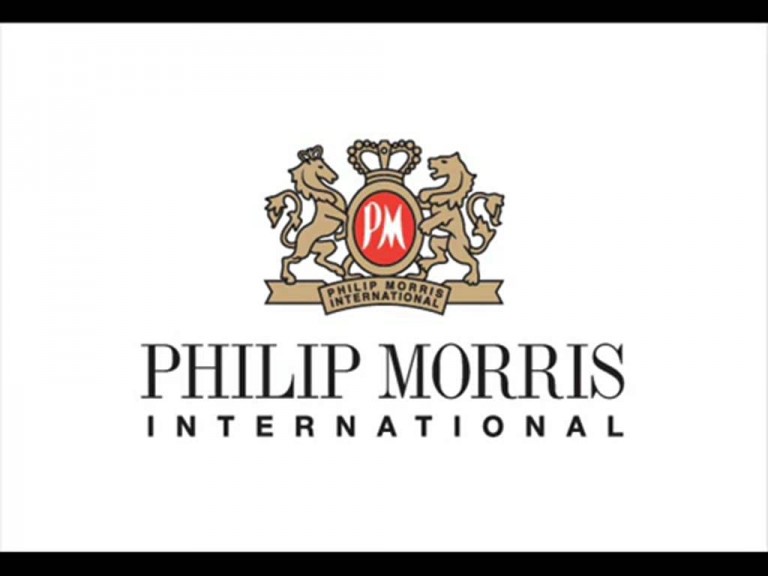
The Thai government’s Department of Special Investigations is accusing Philip Morris International Inc. (NYSE: PM), a leading cigarette manufacturer, of failing to declare the value of cigarettes imported from the Philippines, thereby avoiding close to $2 billion in duties and import taxes.
According to Office of the Attorney General, it only filed a complaint of allegations after a long-running investigation which revealed that between July 2003 and June 2006, Philip Morris (Thailand) Ltd. falsified the worth of various batches of Philippine-made Marlboro and L&M Brand cigarettes.
According to the manufacturer, the case was presented to public prosecutors in September 2009 by the Department of Special Investigations but it was only in 2011 when DSI decided to track the allegations. In August 2011, the DSI’s director general denounced the decision, so the case was taken up by Thailand’s attorney general.
Philip Morris and its other Thailand-based executives could be exposed to a penalty of four times the projected costs of the imported goods plus tax. Company officials may also be subjected to a 10-year jail term according to the senior prosecutor with the Attorney General’s office, Prayuth Bejraguna.
The company for its part released a statement citing that the charges are meritless and unwarranted. Thailand manager Troy Modlin has since stated that Phillip Morris has done nothing wrong and will do everything possible to fight the charges.
At the same time, the company claims that the penalties imposed violate Thailand’s obligations under World Trade Organization rules. Modlin added that prosecuting the case will hurt Thailand’s status in the international community.
Philip Morris and Thailand’s government have been engaged in a tug of war for some time. The last legal battle involved the need for tobacco manufacturers to increase the size of graphic health warnings on cigarette packs from 55% to 85% of the packaging.
After a court hearing, it was ruled that enactment of the measure could potentially inflict irreparable harm on Philip Morris, so the court allowed an injunction. Philip Morris had complained that increasing the warning size would irreparably harm its brand.




